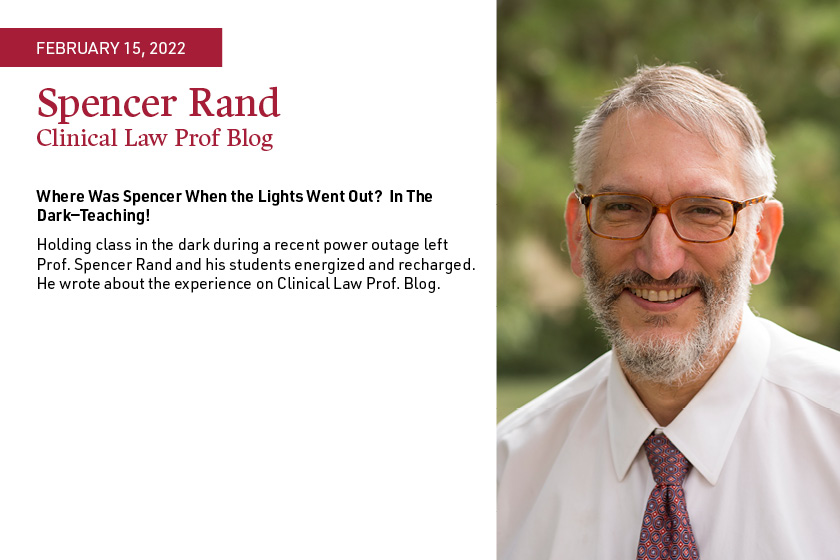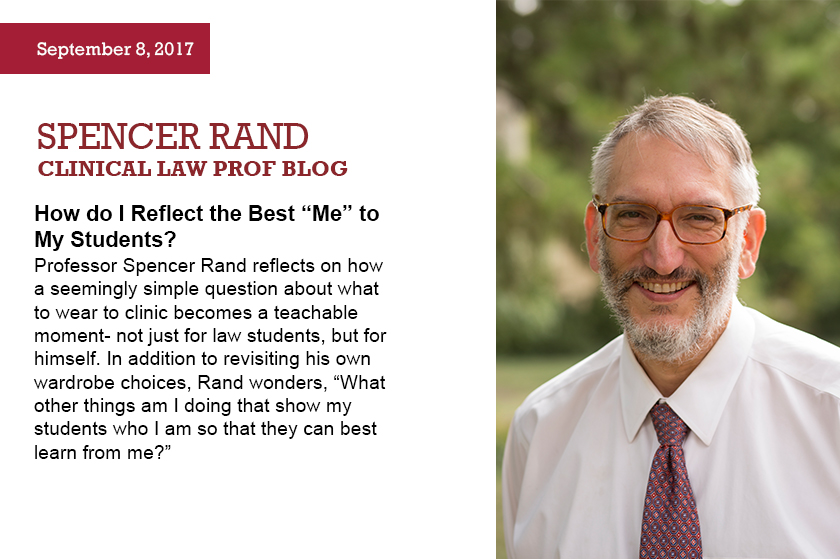Clinical teaching and lawyering for the poor can both be hard, and having a sense of humor can help with both. Or so I am told. I am also told I have no sense of humor. My family often struggles to explain me to others. They sometimes say to our friends after I tell a joke “Okay, let me explain to you what I think he’s trying to say and maybe you’ll think it’s funny. Then again, maybe you won’t.” My son has his “No Dad Jokes” t-shirt, which I of course bought him to support him for having to listen to way too many of them from me. A judge, a prosecutor, two law students, a cow, and a duck walk into a bar, and the bartender says, “What is this, some kind of joke?” Now you’re seeing it, too. I tried humor earlier this week in my teaching. I was teaching about letter writing. I wanted to make a point that writing short, clear sentences could be helpful. I also wanted to help …











